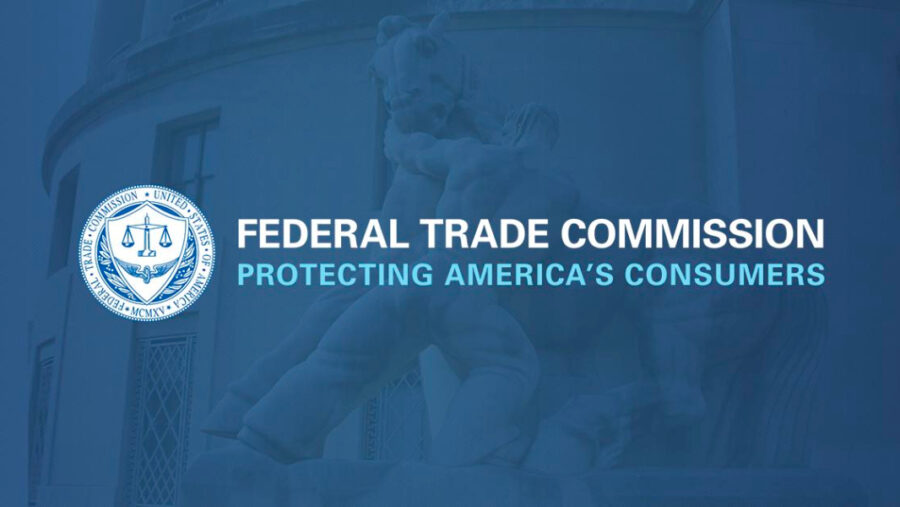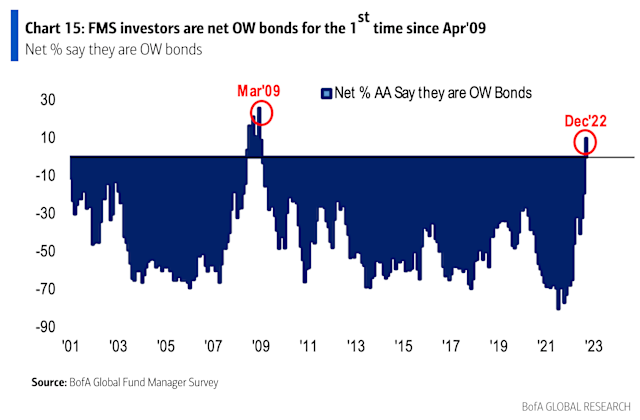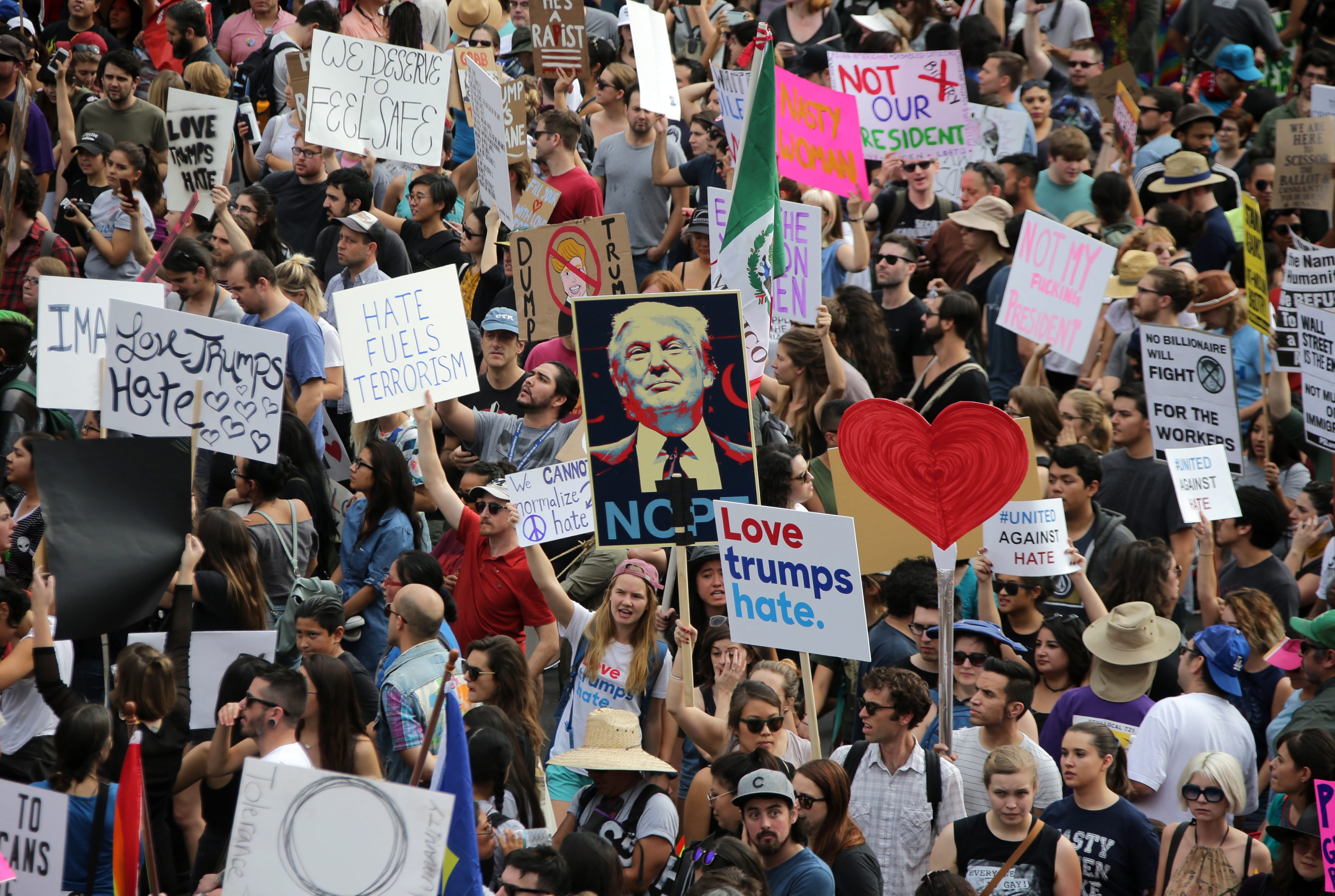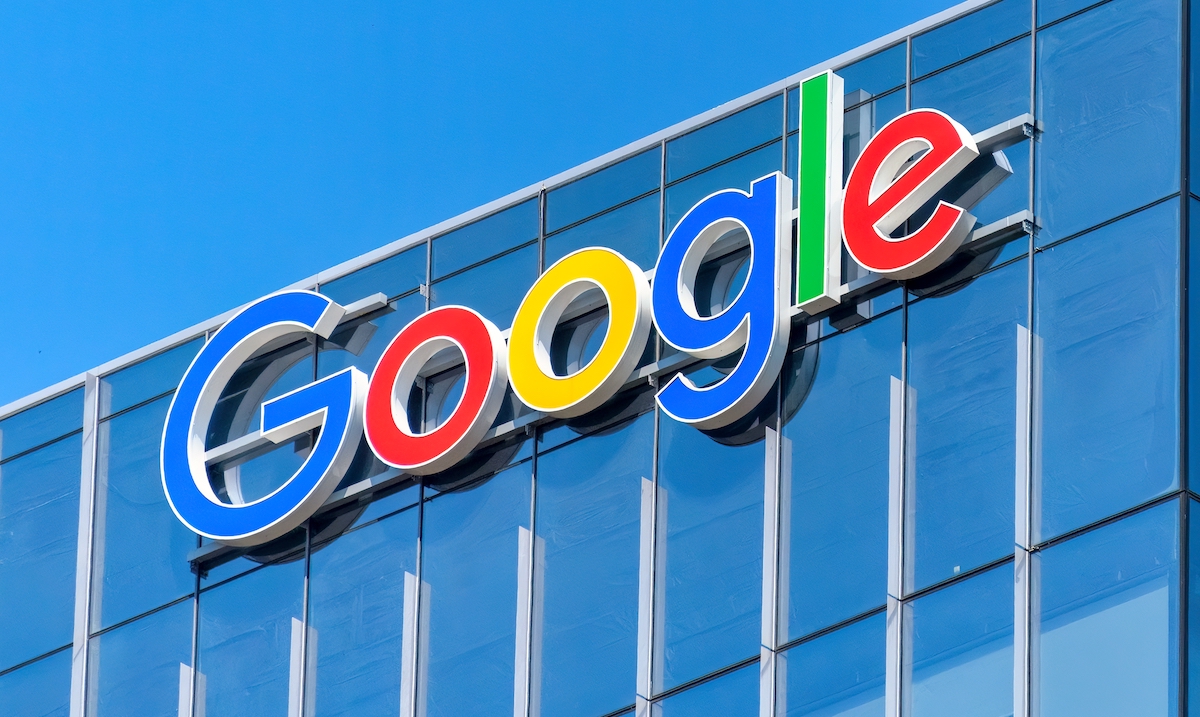Activision Blizzard Acquisition: FTC Challenges Court Ruling

Table of Contents
The FTC's Initial Lawsuit and the Court's Decision
The FTC's initial lawsuit against the Activision Blizzard acquisition rested on concerns about potential monopolistic practices and harm to competition. Their core arguments centered on Microsoft's market dominance and the potential for anti-competitive behavior.
Key Arguments Presented by the FTC:
The FTC argued that the merger would:
- Stifle Competition: Microsoft, with its Xbox platform and now Activision Blizzard's extensive portfolio (including Call of Duty, Candy Crush, and World of Warcraft), could gain undue influence, potentially harming competitors like Sony's PlayStation.
- Increase Prices for Gamers: Reduced competition could lead to higher prices for games and gaming subscriptions.
- Reduce Innovation: A lack of competitive pressure might stifle innovation within the gaming industry.
- Create Exclusive Content: Microsoft could make key titles, such as Call of Duty, exclusive to Xbox, harming players on other platforms. This exclusivity could severely impact PlayStation's market share and its ability to compete effectively.
The Court's Ruling Against the FTC:
A federal judge ultimately sided with Microsoft, dismissing the FTC's attempt to block the acquisition. The court's reasoning focused on the lack of compelling evidence demonstrating that the merger would substantially lessen competition. The judge appeared unconvinced by the FTC’s arguments regarding the potential for anti-competitive behavior, particularly concerning the future of Call of Duty's availability on PlayStation.
The FTC's Appeal and its Strategic Implications
Undeterred, the FTC launched an appeal, arguing that the initial ruling misinterpreted key evidence and failed to fully consider the potential long-term harm to competition.
Grounds for Appeal:
The FTC's appeal rests on several points:
- Alleged errors in the court's interpretation of the evidence related to market dynamics and competitive impact.
- Claims that the court insufficiently considered the potential for future anti-competitive practices by Microsoft.
- The assertion that the court underestimated the significance of Call of Duty's market position and the potential for Microsoft to leverage its ownership to harm competitors.
Potential Outcomes of the Appeal:
Several scenarios are possible:
- Successful Appeal: The appeal could lead to a reversal of the initial decision, blocking the acquisition. This would be a significant victory for the FTC and potentially reshape the landscape of gaming mergers and acquisitions.
- Rejected Appeal: If the appeal fails, the Microsoft-Activision Blizzard deal will proceed, raising concerns about the future of competition in the gaming sector. This outcome would likely be seen as a blow to the FTC's authority in regulating big tech mergers.
- Negotiated Settlement: It's possible the parties might reach a negotiated settlement, involving concessions from Microsoft to address the FTC's competitive concerns.
The Role of Regulatory Bodies:
This case highlights the growing scrutiny of large tech mergers by antitrust regulators globally. The outcome will set a precedent influencing future mergers not only in the gaming industry but also in other technology sectors. The European Commission and other international regulatory bodies are closely watching this case, as its outcome will have international implications for their own regulatory actions.
Public Opinion and the Future of the Activision Blizzard Acquisition
The Activision Blizzard acquisition has fueled heated debate among gamers and industry experts.
Gamer Perspectives:
Gamers have expressed mixed reactions. Many are concerned about potential price increases and the exclusivity of titles like Call of Duty. Others believe the merger could lead to positive developments, such as improved game development and technological advancements. Online forums and social media platforms have become battlegrounds for this debate.
Industry Analysts' Predictions:
Industry analysts offer varying predictions. Some believe the FTC's appeal has merit and could succeed, while others are more optimistic about the deal's eventual completion, regardless of the FTC's actions. The uncertainty surrounding the appeal's outcome creates significant volatility within the gaming market.
Conclusion: The Ongoing Battle Over the Activision Blizzard Acquisition
The FTC's challenge to the Microsoft-Activision Blizzard acquisition remains a pivotal moment for the gaming industry and antitrust law. The appeal's outcome will shape the future of gaming competition, influence regulatory approaches to major tech mergers, and set a critical precedent for future cases. To stay abreast of further developments, follow reputable news sources covering antitrust law and regulatory decisions impacting the gaming industry. The ongoing battle over this Activision Blizzard acquisition highlights the complexities of regulating massive mergers in the dynamic world of technology and entertainment. Stay informed as this crucial case unfolds.

Featured Posts
-
 5 Crucial Steps Securing A Private Credit Position
Apr 22, 2025
5 Crucial Steps Securing A Private Credit Position
Apr 22, 2025 -
 Are High Stock Market Valuations A Concern Bof A Weighs In
Apr 22, 2025
Are High Stock Market Valuations A Concern Bof A Weighs In
Apr 22, 2025 -
 Chainalysis And Alterya A Powerful Combination In Blockchain And Ai
Apr 22, 2025
Chainalysis And Alterya A Powerful Combination In Blockchain And Ai
Apr 22, 2025 -
 Hear The Outcry Nationwide Protests Against Trump
Apr 22, 2025
Hear The Outcry Nationwide Protests Against Trump
Apr 22, 2025 -
 Google Doj Return To Court Battle Over Search Monopoly Heats Up
Apr 22, 2025
Google Doj Return To Court Battle Over Search Monopoly Heats Up
Apr 22, 2025
